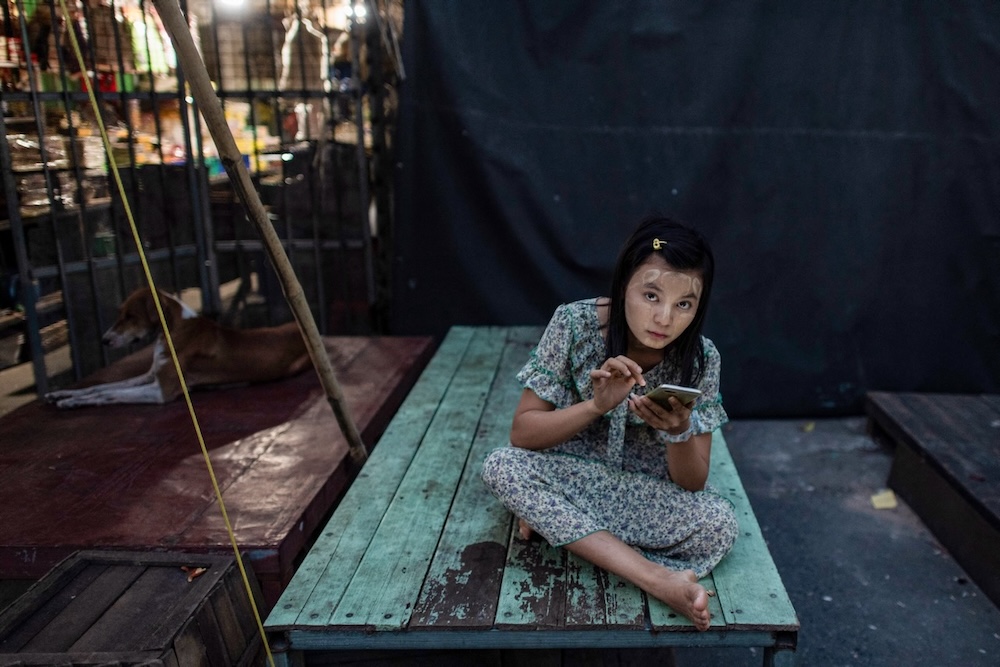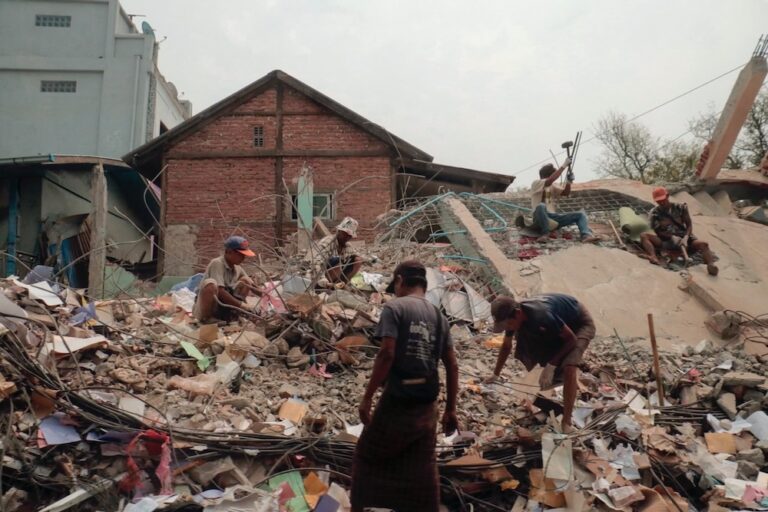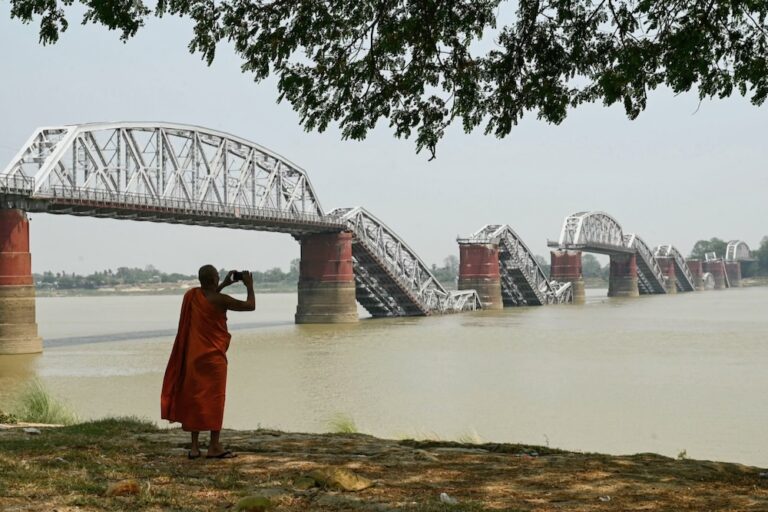Critics argue that the law is another measure to suppress freedom of expression and internet access.
This statement was originally published on eng.mizzima.com on 4 January 2025.
The military junta enacted the Cybersecurity Law on 1 January, introducing prison sentences and fines for individuals establishing or providing virtual private network (VPN) services without permission.
Under the law, those found guilty could face imprisonment ranging from one to six months, fines between 1 million kyats and 10 million kyats, or both. Additionally, any evidence related to such offenses will be confiscated.
The law also imposes strict penalties for other cyber offenses, including online gambling without permits, cyber abuse, and unauthorized use of digital currency. For instance, anyone establishing an online gambling system without approval faces imprisonment of six months to one year, fines between 5 million and 20 million kyats, or both, along with the confiscation of assets.
The junta claims the law is necessary to investigate cybercrimes effectively and protect the nation’s sovereignty and stability from cyber threats, attacks, and misuse of electronic technologies.
However, critics argue that the law is another measure to suppress freedom of expression and internet access. The junta restricted internet usage following the 2021 military coup and blocked Facebook, leading many users to rely on VPNs to bypass these controls.
“The junta is exerting control in areas under its rule, but it cannot enforce the same restrictions everywhere. This is just a means of targeting and controlling individuals,” said U Kyi Myint, a lawyer.
The law also mandates that cybersecurity and digital platform service providers with more than 100,000 users in Myanmar must register. The regime reserves the right to inspect or control these businesses as deemed necessary.
Legal experts have criticized the Cybersecurity Law for its overreach.
“There is no rule of law. They enact laws arbitrarily to tighten their grip. Citizens must remain vigilant about these developments,” said another lawyer.
The law includes provisions to penalize those who electronically distribute, transmit, or sell information deemed unsuitable for public viewing, with penalties mirroring those for unauthorized VPN use.
Critics say the law is yet another step to restrict digital freedom in Myanmar, further isolating the population and silencing dissent.



